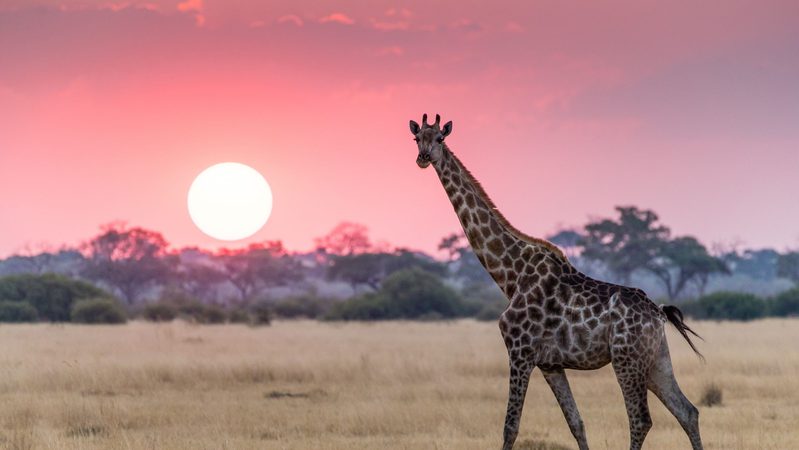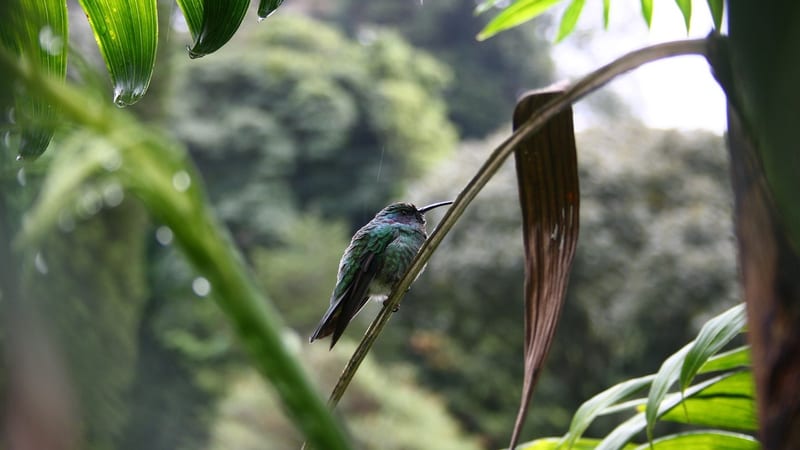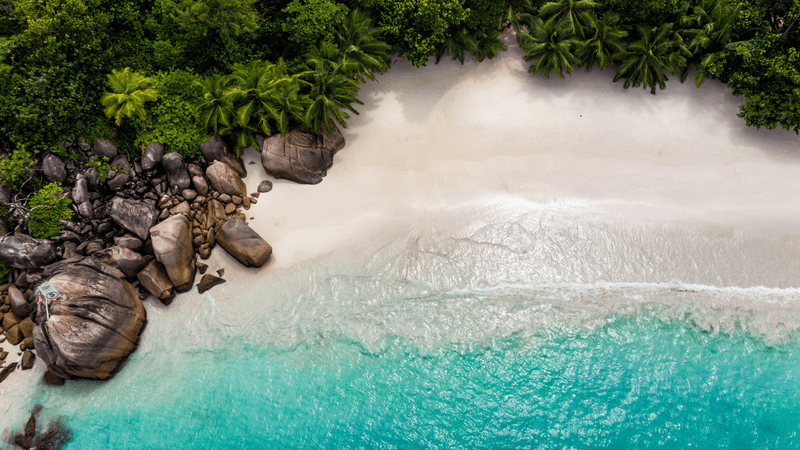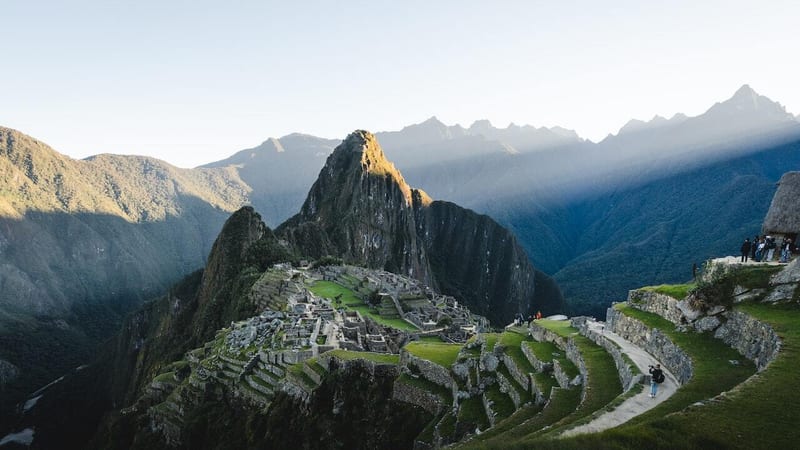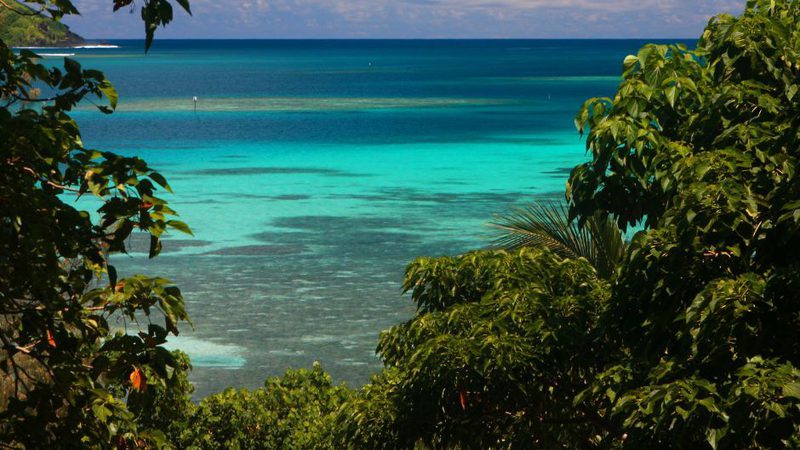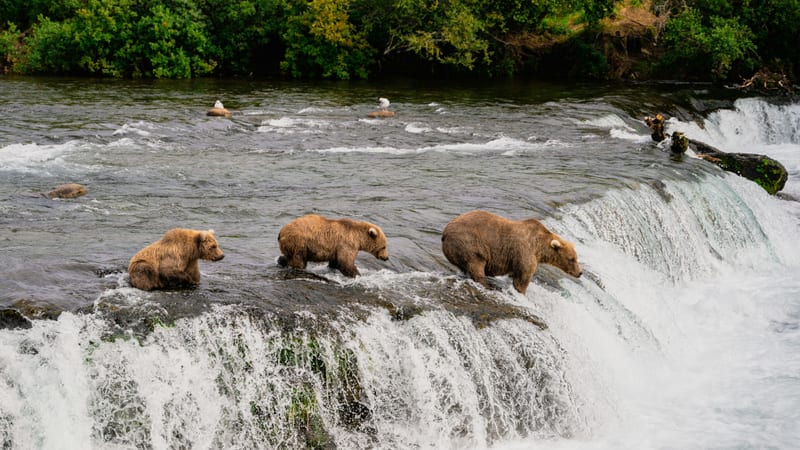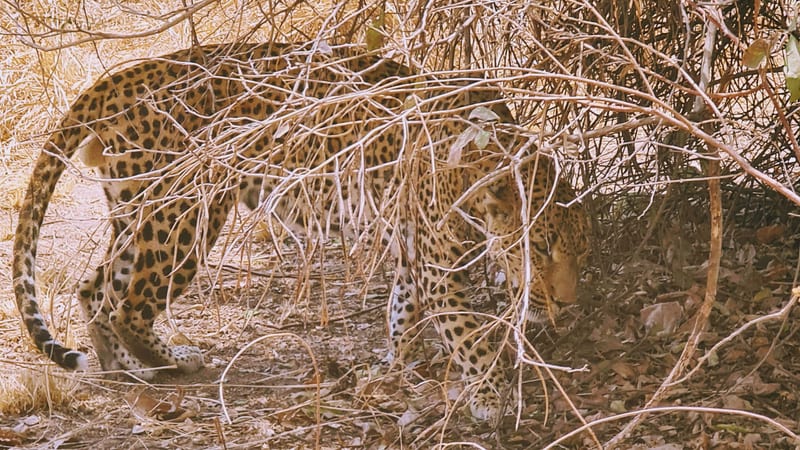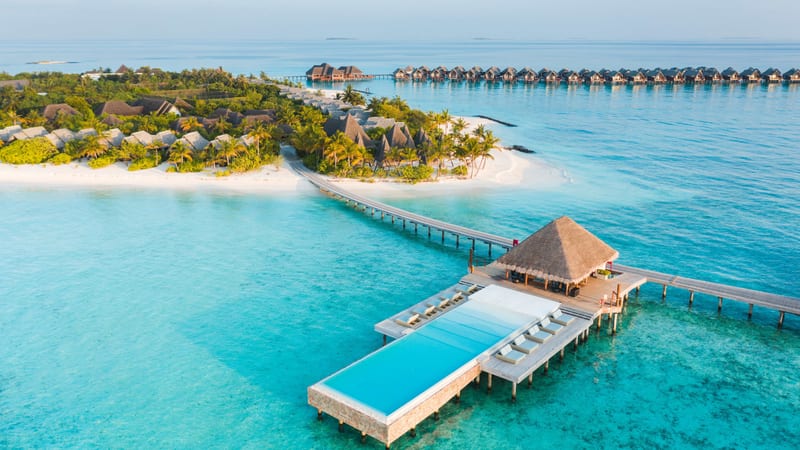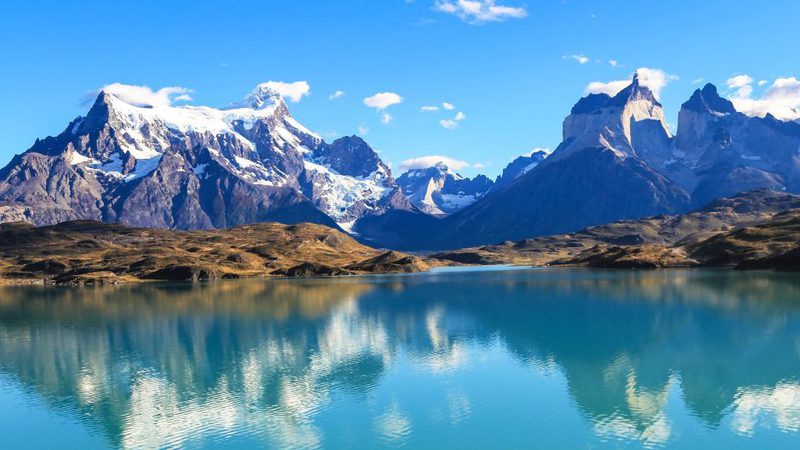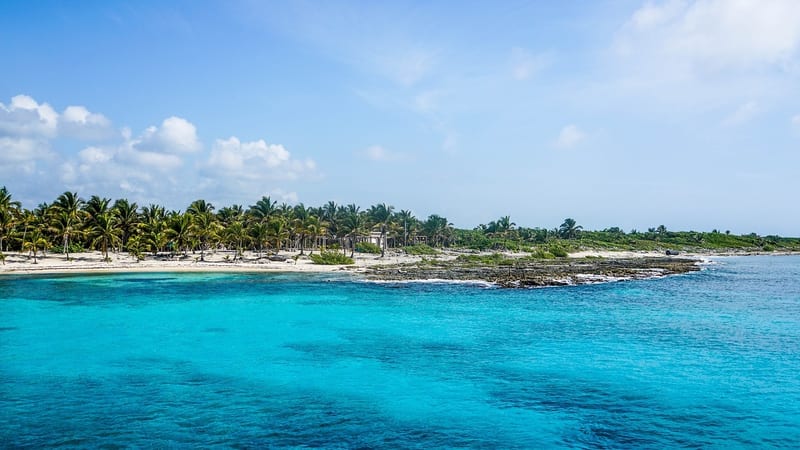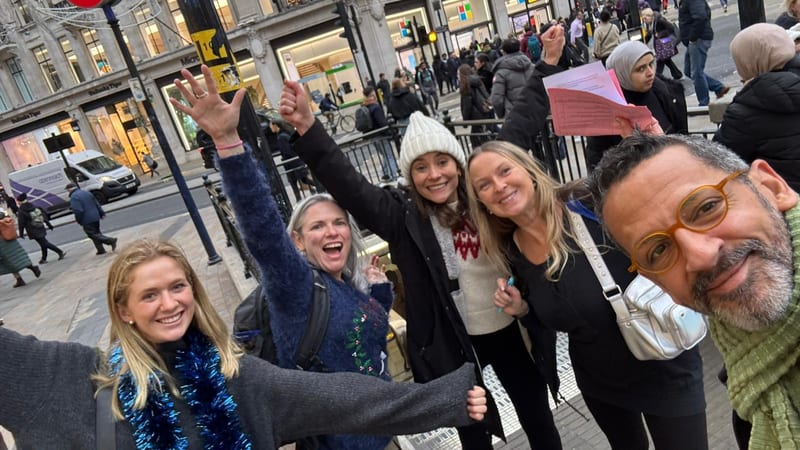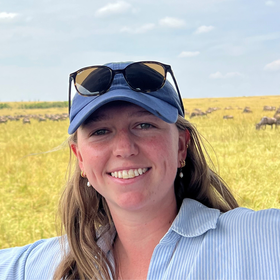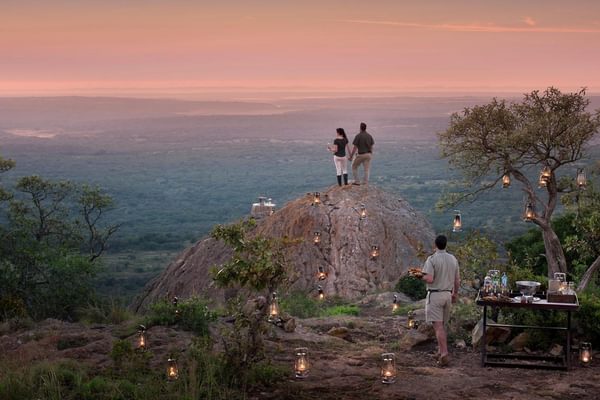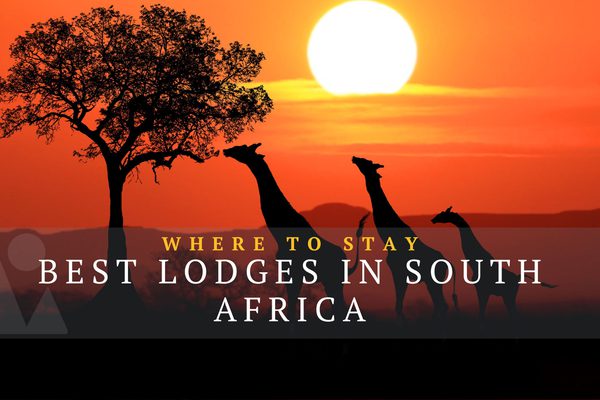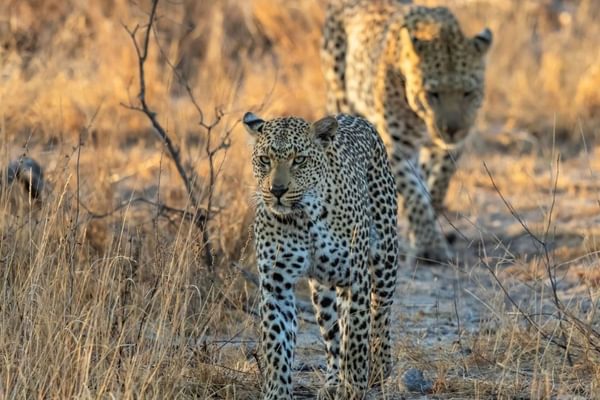From the Big Five to boutique bush camps, South Africa invites you on the safari of a lifetime.
Home to the big five, a South Africa safari is steeped in history with a vast array of private game reserves, national parks and plenty of adventure for everyone.
South Africa safaris are one of the most unforgettable travel experiences you can have, where golden savannahs stretch endlessly and wildlife encounters unfold in some of Africa’s most iconic reserves. Imagine observing the Big Five - lions, elephants, leopards, rhinos, and buffalo, in their natural habitat, set against vast, untamed landscapes. An unforgettable safari tour of wonder for wildlife lovers, couples and families.
Kruger National Park is a top destination for South Africa safari-goers, with the chance to explore on a self-drive safari, or for a more luxury experience with a private guided game drive.
For a more exclusive experience, the neighbouring private reserves like Sabi Sands and Timbavati offer intimate safari encounters with exceptional wildlife sightings. These private reserves mean fewer crowds, more immersive encounters, and are home to some stunning lodges such as Chitwa Chitwa and Lion Sands River Camp.
For a completely unique safari experience, &Beyond Ngala Treehouse in Ngala Game Reserve offers a chance to sleep under the stars in a beautifully designed treehouse, surrounded by the sights and sounds of the bush. Ngala is located in a private reserve with open borders to Kruger, making it a perfect destination for those seeking both comfort and adventure.
If you're seeking something a little wilder and more off the beaten path, KwaZulu-Natal’s Hluhluwe-iMfolozi Park offers rugged beauty and excellent rhino sightings, while Madikwe Game Reserve, near the Botswana border, is a popular spot with families thanks to its malaria-free safaris. Madikwe provides a safe and comfortable safari experience while still delivering wonderful wildlife encounters.
South Africa’s safari offerings cater to all kinds of adventurers. Walking safaris, night drives, and the opportunity to spot elusive nocturnal creatures like aardvarks and leopards bring an entirely different dimension to the experience. Whether you’re staying in a luxury lodge or a remote tented camp, a South African safari allows you to connect deeply with nature in a way that is both humbling and exhilarating. South Africa truly offers a chance to get closer to nature in a way that stays with you long after you leave.
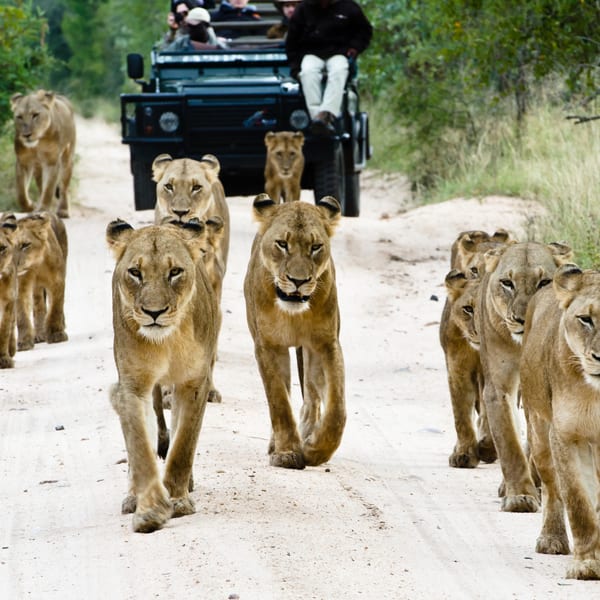
South Africa Safari Adventure
- Sabi Sand
- Madikwe
- Tswalu Kalahari
- Cape Town
A wonderful showcase of the hugely varied wildlife and habitats found in South Africa
South Africa Holidays, Trip Ideas & Tours
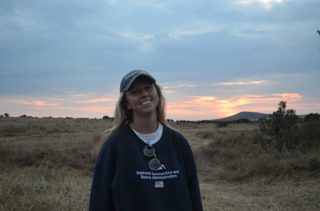
Our South Africa safari holiday specialist, Tamara, says:
"There’s something incredibly special about a South African safari. You can spend the morning tracking lions through golden grasslands, then be back at your lodge sipping a sundowner by sunset. The wildlife is just phenomenal, and the variety of landscapes keeps every day feeling fresh, from the bushveld of Kruger to the rolling hills of the Eastern Cape. I always recommend it to first-time safari-goers because the experience is so smooth and accessible, but honestly, I’ve been countless times and it still takes my breath away."
South Africa Safari Lodges and Hotels
Speak to a South Africa expert today
and start planning your tailor-made holiday

Alistair
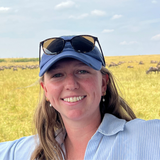
Tamara
South Africa Safaris FAQs
Planning a South Africa Safari? Our experts share advice on everything from what to pack, when to go, to tips for families, covering the questions we get asked the most.
When is the best time to go on safari in South Africa?
South Africa’s prime safari season runs from May to September, when the dry winter weather draws wildlife to waterholes and visibility is at its best. That said, parks like Kruger are great year-round, with lush landscapes and newborn animals in summer. It depends on what you'd like to see and your tolerance for heat.
Where are the best places to go on safari in South Africa?
The Kruger National Park and its private reserves (such as Sabi Sands and Timbavati) are world-class, with high chances of seeing the Big Five. Malaria-free alternatives like Madikwe or the Eastern Cape are superb for families. Phinda in KwaZulu-Natal combines safari with nearby beaches.
Is South Africa a good place for a first-time safari?
Yes – it’s one of the easiest and most accessible safari destinations, with excellent infrastructure, a range of lodges, and safari options for all budgets. You can fly between parks or drive yourself in some areas. Private reserves offer great guiding and Big Five sightings in a shorter time, making them ideal for first-timers.
Is South Africa a good safari destination for families?
Absolutely. Many reserves are malaria-free, and there are lodges that cater specifically for children, with family-friendly rooms, childminding, and tailored activities. Game drives can be shorter and more flexible than in other destinations, which helps keep younger kids engaged. Some lodges also run educational bush programmes for different age groups.
What animals can I expect to see on safari in South Africa?
You have an excellent chance of seeing the Big Five – lion, leopard, elephant, buffalo, and rhino – especially in Kruger and its private reserves. Other common sightings include giraffe, zebra, cheetah, hippo, crocodile, hyena, and a variety of antelope. Birdlife is also rich, with over 500 species recorded in Kruger alone.
Are South Africa’s safaris malaria-free?
Several safari regions are malaria-free, including Madikwe and the Eastern Cape, which are great for families. Kruger and northern Limpopo are in a low-risk malaria zone, but most travellers visiting for short periods and taking precautions are at minimal risk. Anti-malarial medication is recommended for higher-risk areas; speak to your GP or travel clinic for advice.
How long should I spend on safari in South Africa?
We recommend at least 3 - 4 nights in one reserve to give you time for varied sightings and a relaxed pace. If combining multiple regions or lodges, 5 - 7 nights works well. You can easily pair a safari with Cape Town or the Garden Route for a varied trip over 10–14 days.
What’s the difference between a national park and a private reserve?
National parks like Kruger allow self-drives and have larger public areas. Private reserves (often bordering national parks) offer more exclusive experiences with expert guides, off-road game drives, and fewer vehicles at sightings. Lodges in private reserves are generally more luxurious, with all-inclusive stays and a strong focus on service and wildlife interpretation.
Can I self-drive on safari in South Africa?
Yes – in parks like Kruger, self-driving is a popular and cost-effective option. The roads are good, and sightings can be fantastic, though you miss out on expert guiding. For those wanting more insight and ease, we recommend a private reserve with guided game drives, where the focus is entirely on wildlife and your experience.
What should I pack for a safari in South Africa?
Pack neutral-coloured clothing, layers for early morning and evening drives, sun protection, binoculars, insect repellent, and a camera with spare batteries or charger. Some lodges offer laundry, so you don’t need to overpack. If visiting in winter (May–August), bring a warm jacket and gloves for chilly dawn game drives.

